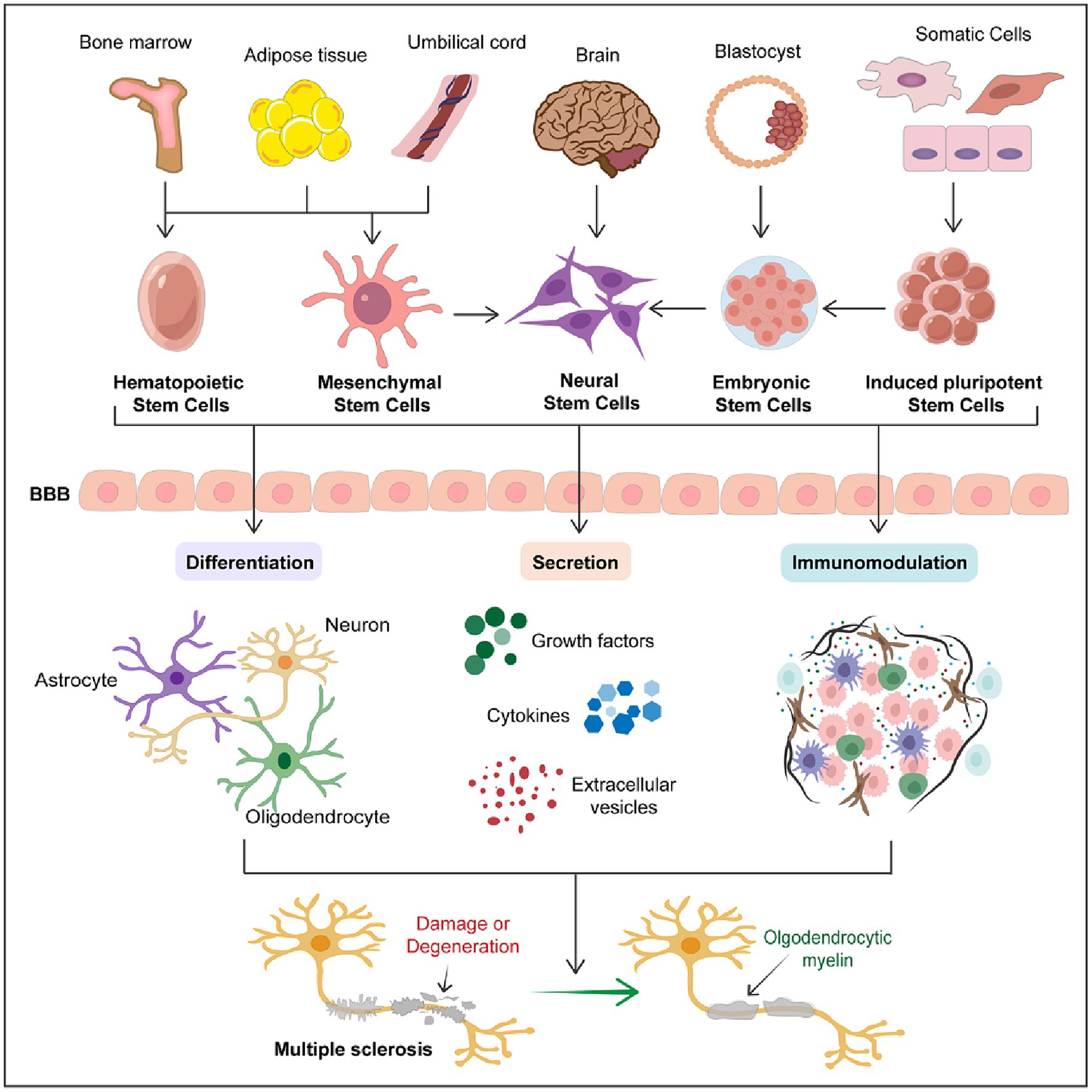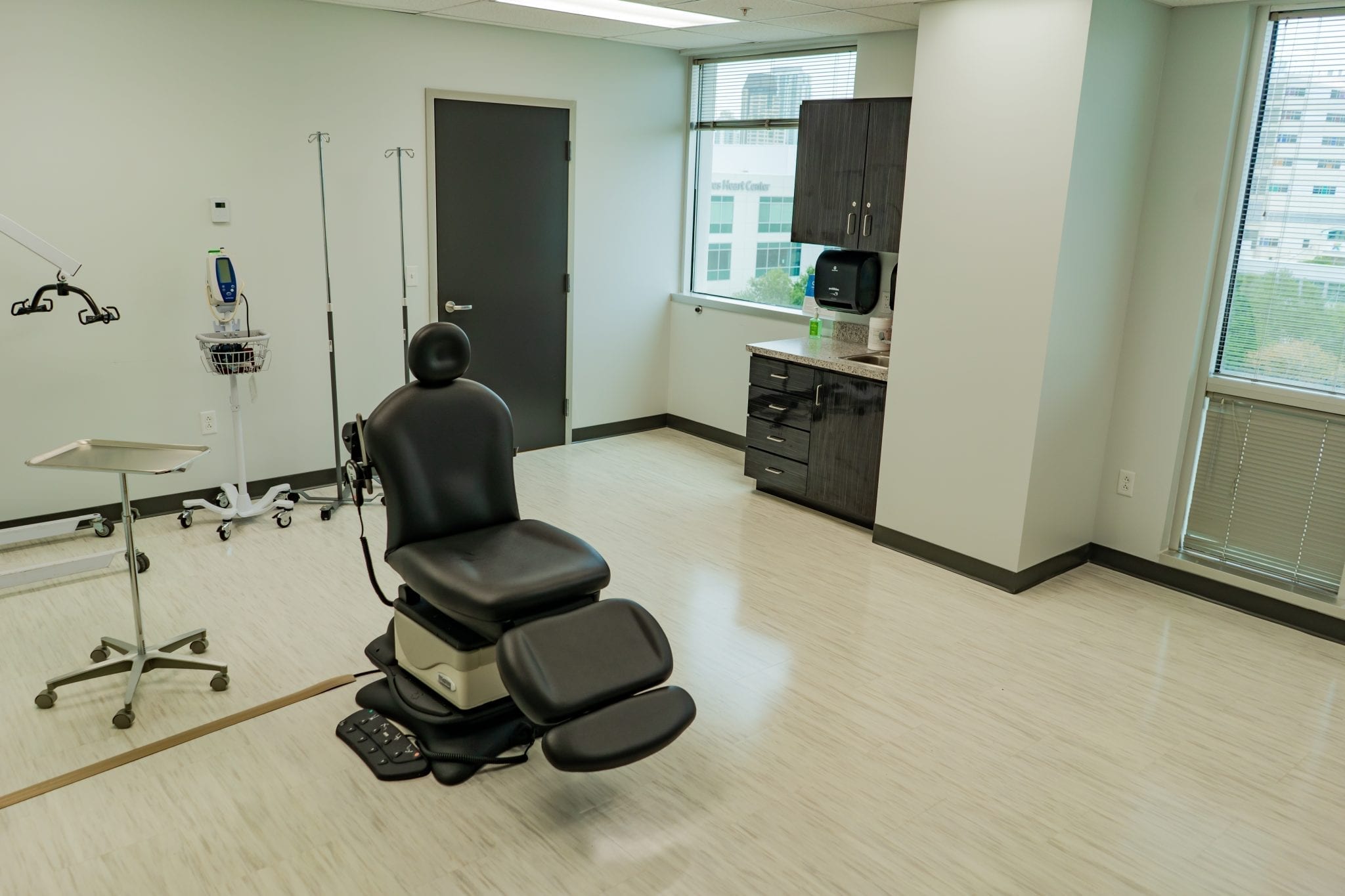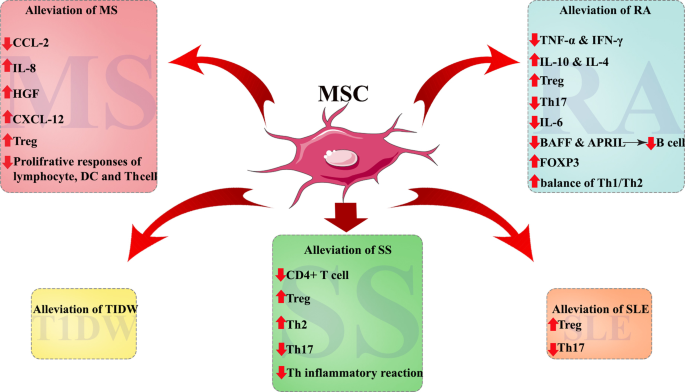Facts About Regenerative Medicine For Multiple Sclerosis Revealed
Table of ContentsRegenerative Medicine For Multiple Sclerosis Can Be Fun For AnyoneAll About Regenerative Medicine For Multiple SclerosisA Biased View of Regenerative Medicine For Multiple SclerosisAbout Regenerative Medicine For Multiple SclerosisThe Greatest Guide To Regenerative Medicine For Multiple SclerosisRegenerative Medicine For Multiple Sclerosis Can Be Fun For AnyoneRegenerative Medicine For Multiple Sclerosis - An Overview
The mesenchymal stem cells hair transplanted during stem cell treatment can separate and mature to form brand-new cells that can replace the harmed cells of the nervous cells. This could bring back neurological features in people with this condition. These benefits of stem cell therapy are further supported by the capability of MSCs to promote healing.Clients with multiple sclerosis are usually treated with mesenchymal stem cells. These are multipotent stem cells that have the ability to separate and develop to create a large range of cell types in the body. As soon as hair transplanted, these stem cells can create to develop healthy and balanced nerve cells hence sustaining the regrowth of the broken cells of the nerves.
Once transplanted, the stem cells migrate to areas of swelling or damages within the main nerve system (CNS). They are normally attracted to the sites of injury where the body immune system is attacking the myelin sheath, the protective treatment of nerve fibers. The stem cells function by advertising the repair work and regeneration of harmed myelin, possibly bring back function to influenced nerve cells.
Regenerative Medicine For Multiple Sclerosis for Dummies
Stem Cell Research on MS The National Several Sclerosis Culture, along with other companies, is proactively moneying and sustaining study right into mesenchymal stem cell therapy for several sclerosis to explore their potential and improve therapy methods. The objective is to develop safer and much more effective ways to use stem cells in dealing with MS.
The smart Trick of Regenerative Medicine For Multiple Sclerosis That Nobody is Discussing
Here are below from patients of clients Swiss Medica clinic. The person took a trip from Romania looking for therapy for MS after hearing favorable comments concerning stem cell treatment for the disease.
Obtain a complimentary online examination to discover how stem cells will function for your instance, and what are the duration and expense of the therapy. Uccelli, A., Laroni, A., Brundin, L., Clanet, M., Fernandez, O., Nabavi, S. M. Regenerative Medicine for Multiple Sclerosis., Muraro, P. A., Oliveri, R. S., Radue, E. W., Sellner, J., Soelberg Sorensen, P., Sormani, M. P., Wuerfel, J. T., Battaglia, M
Stem cells are cells in the body that can mature into grow right into that serve a specific functionCertain There are 2 major types of stem cells: embryonic stem cells and grown-up stem cells.
are discovered in some grown-up tissues and body organs consisting of the bone marrow, skin, blood, and mind. Adult stem cells are not as versatile as beginning stem cells and are consequently much more minimal in regards to the types of cells they mature into. The special residential properties of stem cells give assurance for new therapies that can slow/halt MS condition task and repair tissue damages in the central nerve system.
The Ultimate Guide To Regenerative Medicine For Multiple Sclerosis

The procedure entails gathering stem cells from a person's own (autologous) bone marrow. The person is then treated with radiation treatment to deplete the body immune system and stem cells are reintroduced right into the body where they mature into new, healthy immune cells - Regenerative Medicine for Multiple Sclerosis. Stem cells can be injected into the body in different ways

In 2000, the MS Society of Canada and MS Scientific Research study Structure moneyed a scientific test involving HSC transplants, led by Drs. Mark Freedman and Harry Atkins from the Ottawa Health Center Research Study Institute/University of Ottawa. The aHSC treatment readily available in Canada is a treatment that utilizes high-dose chemotherapy, likewise called conditioning.

The Basic Principles Of Regenerative Medicine For Multiple Sclerosis
Neural stem cells (NSC) are located in the brain and can develop right into different kinds of mind cells including nerve cells, oligodendrocytes, and astrocytes. NSCs might offer to fix or safeguard the mind and modulate the body immune system. Early scientific trials in non-human primates showed that treatment with NSCs profited the progression of MS-like disease in animal designs.
The outcomes from these safety studies are positive for future stem cell useful site and regenerative medication treatments in MS. Future scientific trials (stage 2 and 3) with bigger varieties of participants and controls are necessary to examine the efficiency of this therapy for MS. As demonstrated by the examples over, there is a large array of research study taking place that will certainly supply additional answers about the usage of stem cells to treat MS.
Stem cell therapy is considered secure, yet, like any type of medical procedure, it brings some threats, such as momentary swelling or pain at the injection site. Nonetheless, major side results are rare when done by certified professionals.
The 7-Minute Rule for Regenerative Medicine For Multiple Sclerosis
Several sclerosis (MS) is a persistent illness of the main nerves that influences the brain and spinal cord. It is characterized by the degradation of myelin, a compound that covers nerve fibers, causing interruptions in communication from this source in between the mind et cetera of the body. Signs can differ commonly and include muscle weak point, vision problems, discrepancy, and fatigue.
Numerous sclerosis is identified by the body immune system wrongly attacking the safety sheath (myelin) that covers nerve fibers, creating interaction concerns between the brain and the rest of the body. The disease read review can cause the wear and tear or irreversible damages of nerves. Signs vary widely amongst people and can include fatigue, mobility concerns, discomfort, and cognitive modifications.